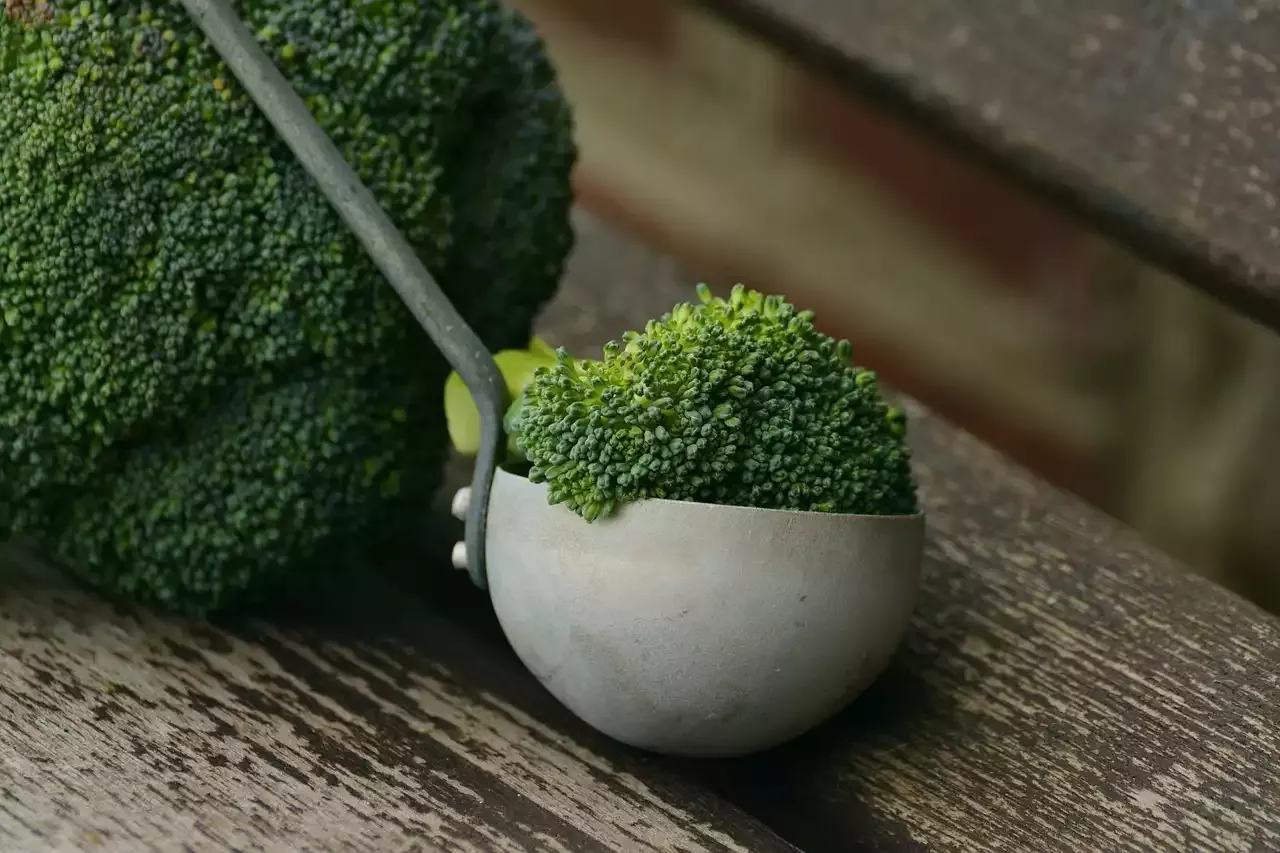Nutritional benefits of nuts and seeds
Nuts and seeds are packed with nutrients that are essential for our bodies to function properly. They contain protein, fiber, healthy fats, and a variety of vitamins and minerals that can help to prevent disease, boost our energy levels, and improve our overall health. Here are some of the key nutritional benefits of nuts and seeds:
Protein
Nuts and seeds are a great source of plant-based protein, which is essential for building and repairing tissues in our bodies. They contain all of the essential amino acids that our bodies need to function properly, making them a nutritious and convenient source of protein for vegetarians and vegans.
Fiber
Nuts and seeds are also rich in fiber, which is important for digestion and maintaining healthy cholesterol levels. Fiber can help to regulate blood sugar levels, promote feelings of fullness, and prevent constipation.
Healthy Fats
Many nuts and seeds are high in healthy fats, such as monounsaturated and polyunsaturated fats, which can help to lower our risk of heart disease and stroke. These fats can also help to improve brain function, reduce inflammation in the body, and support healthy skin and hair.
Vitamins and Minerals
Nuts and seeds are also rich in essential vitamins and minerals, such as vitamin E, magnesium, and zinc. These nutrients are important for supporting our immune system, promoting healthy bones and teeth, and maintaining healthy skin and hair.
Different types of nuts and seeds and their benefits
There are many different types of nuts and seeds, each with their unique flavor and nutritional benefits. Here are some of the most popular types of nuts and seeds and the benefits they offer:
Almonds
Almonds are one of the most popular nuts, and for a good reason. They're rich in healthy fats, protein, fiber, and vitamin E, making them a nutritious and satisfying snack. Almonds are also a great source of magnesium, which is important for bone health and energy production.
Walnuts
Walnuts are another popular nut that's packed with nutrition. They're high in omega-3 fatty acids, which are essential for brain health and reducing inflammation in the body. Walnuts are also a good source of protein and fiber, making them a great addition to salads and baked goods.
Cashews
Cashews are a creamy and delicious nut that's high in healthy fats, protein, and fiber. They're also a good source of magnesium, which is important for bone health and energy production. Cashews are a great nut to use in cooking and baking, as they have a mild flavor that pairs well with a variety of dishes.
Chia Seeds
Chia seeds have gained popularity in recent years due to their high fiber and omega-3 content. They're also a good source of protein and calcium, making them a nutritious addition to smoothies and oatmeal. Chia seeds can also be used as a vegan egg substitute in baking.
Pumpkin Seeds
Pumpkin seeds are a delicious and nutritious snack that's high in protein, fiber, and healthy fats. They're also a good source of magnesium, zinc, and iron, making them a great choice for vegetarians and vegans. Pumpkin seeds can be roasted and added to salads, soups, and baked goods for a crunchy and nutritious boost.
Flaxseeds
Flaxseeds are another seed that's high in fiber and omega-3 fatty acids. They're also a good source of protein and lignans, which can help to reduce the risk of breast cancer. Flaxseeds can be ground and added to smoothies, oatmeal, and baked goods for a nutritious boost.
Conclusion
Incorporating nuts and seeds into your vegetarian diet is an easy way to boost your nutrition and add flavor and texture to your meals. Whether you're snacking on almonds, adding chia seeds to your smoothies, or using cashews to make a creamy sauce, there are countless ways to incorporate these nutritious foods into your daily meals. So go ahead and experiment with different types of nuts and seeds and discover new ways to make your vegetarian meals even more delicious and nutritious!

